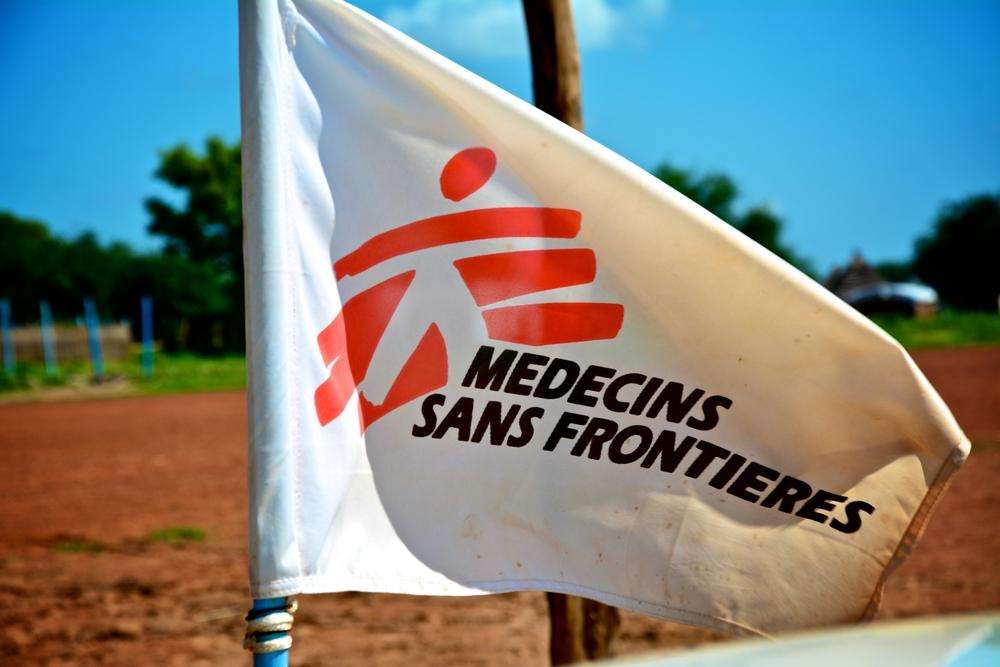AMMAN, JORDAN/NEW YORK—Six years into the war in Syria, civilians continue to suffer from a brutal conflict that has precipitated a complex humanitarian crisis, with ever-mounting suffering and millions without access to basic health care. In the face of these colossal needs, the international medical humanitarian organization Doctors Without Borders/Médecins Sans Frontières (MSF) reiterates its call to warring groups to allow access to Syria to provide medical assistance to the victims of war.
"All parties to the conflict, neighboring countries and international actors must allow access for humanitarian aid and not use it as a political tool," said Pablo Marco, MSF Middle East operations manager. "They must also allow those in need of medical assistance into areas where they can access specialized medical treatment and enable medical staff to access them, while ensuring the protection of first-responders, medical staff, and facilities."
The war, coupled with attacks on medical personnel and facilities, has dramatically weakened Syria's previously well-functioning health care system. This has happened during a significant surge in medical needs as a result of the conflict, placing tremendous pressure on the remaining health care infrastructure. MSF teams are currently operating in several Syrian governorates to provide lifesaving care; however, the Government of Syria has still not granted authorization for MSF to work in the territories it holds, despite repeated requests. MSF also does not have a presence in areas under the control of the Islamic State group for lack of credible assurances to protect the safety of MSF staff.
"All this puts large areas out of reach for MSF for the moment," Marco said. "While MSF will continue its efforts to work across all Syrian territories, we call for space for independent impartial care in Syria and for aid groups to be allowed to conduct humanitarian and medical responses in areas of need."
Turkey, Iraq, Jordan, and Lebanon have made immense efforts to help Syrian refugees, hosting almost 4.8 million Syrians. However, hundreds of thousands continue to seek refuge abroad. MSF calls on Syria's neighbors to allow the cross-border evacuation of not only vulnerable cases, critical cases, and the severely ill and wounded, but also of all those seeking refuge in the spirit of the Refugee Convention.
"The rest of the world cannot turn its back on thousands of people who have fled war and persecution," Marco said. "Respecting people's right to seek asylum and to obtain proper assistance and protection is fundamental."
As the conflict enters its seventh year, Syria remains one of the most complex and volatile humanitarian crises in the world today. In the war-torn country, the International Humanitarian Law governing conflicts has been entirely overlooked, with parties to the conflict not showing due care to avoid civilian casualties. "This is unacceptable," Marco said. "Warring parties in Syria must take steps to protect the civilian population and civilian infrastructure according to International Humanitarian Law in conflict zones."




